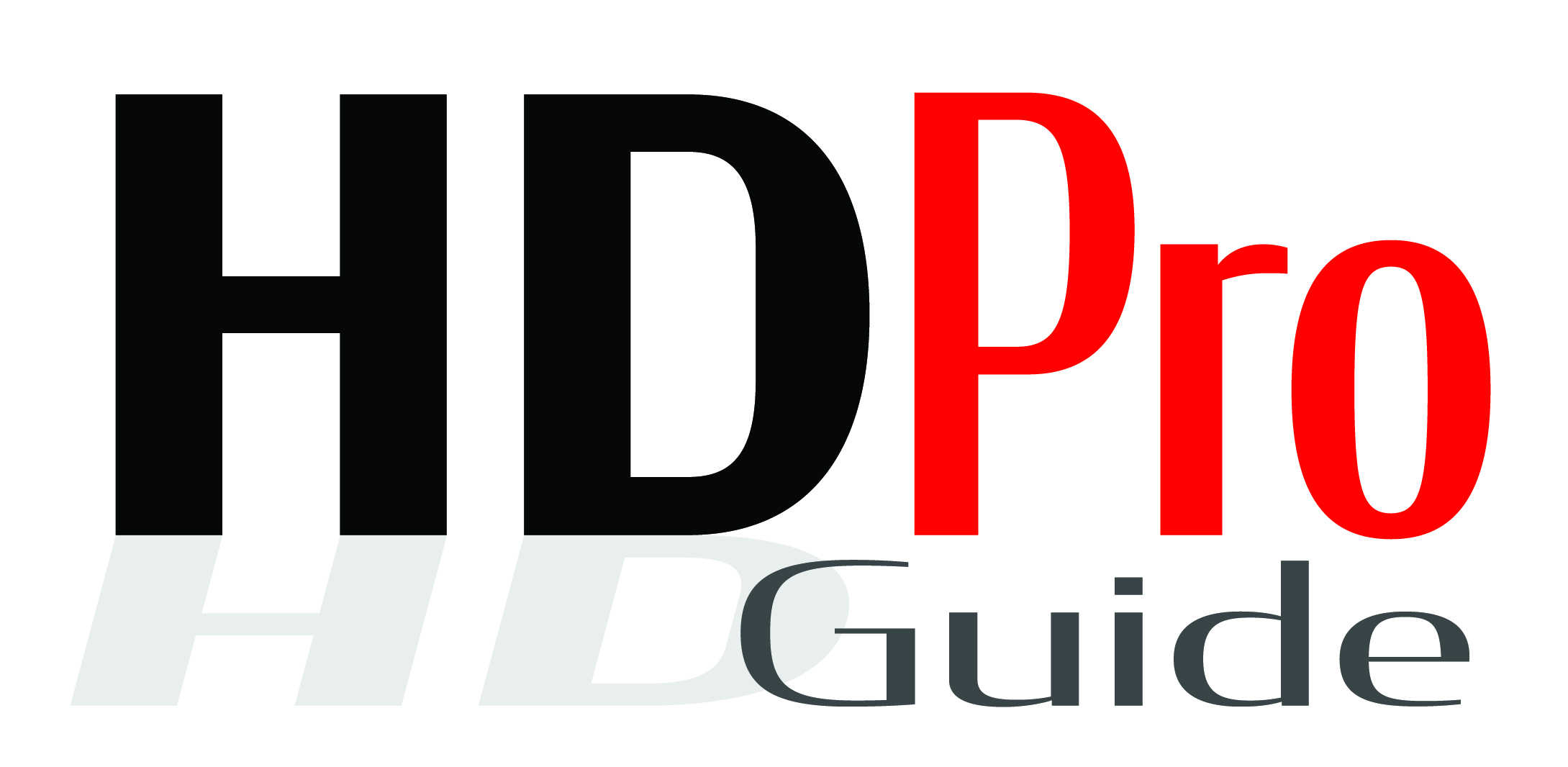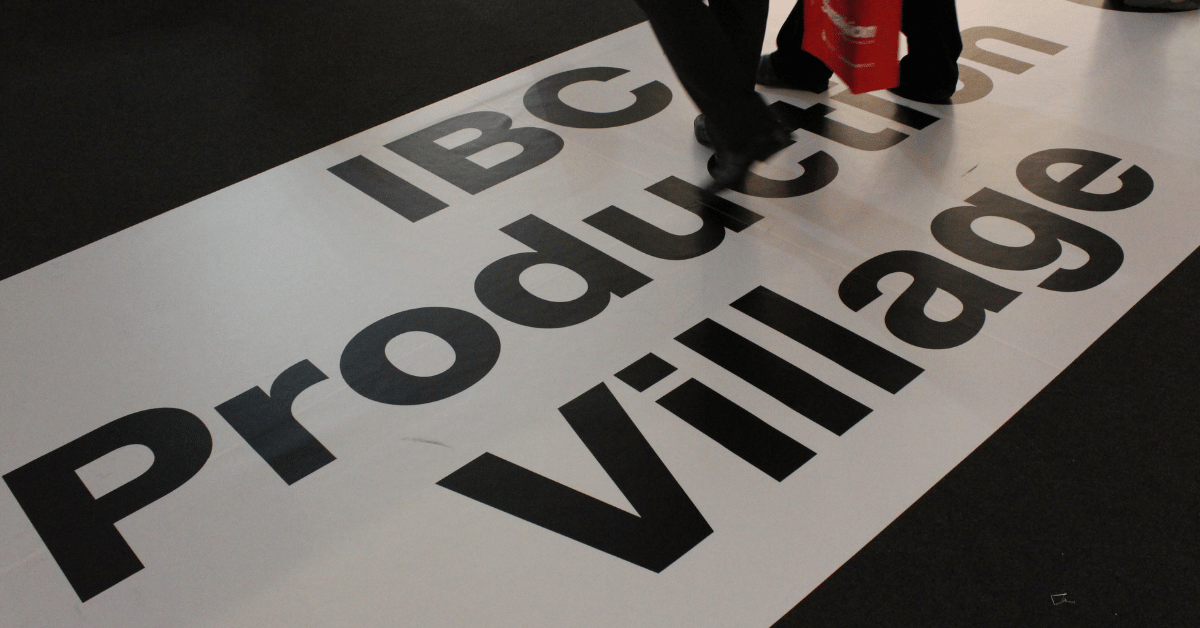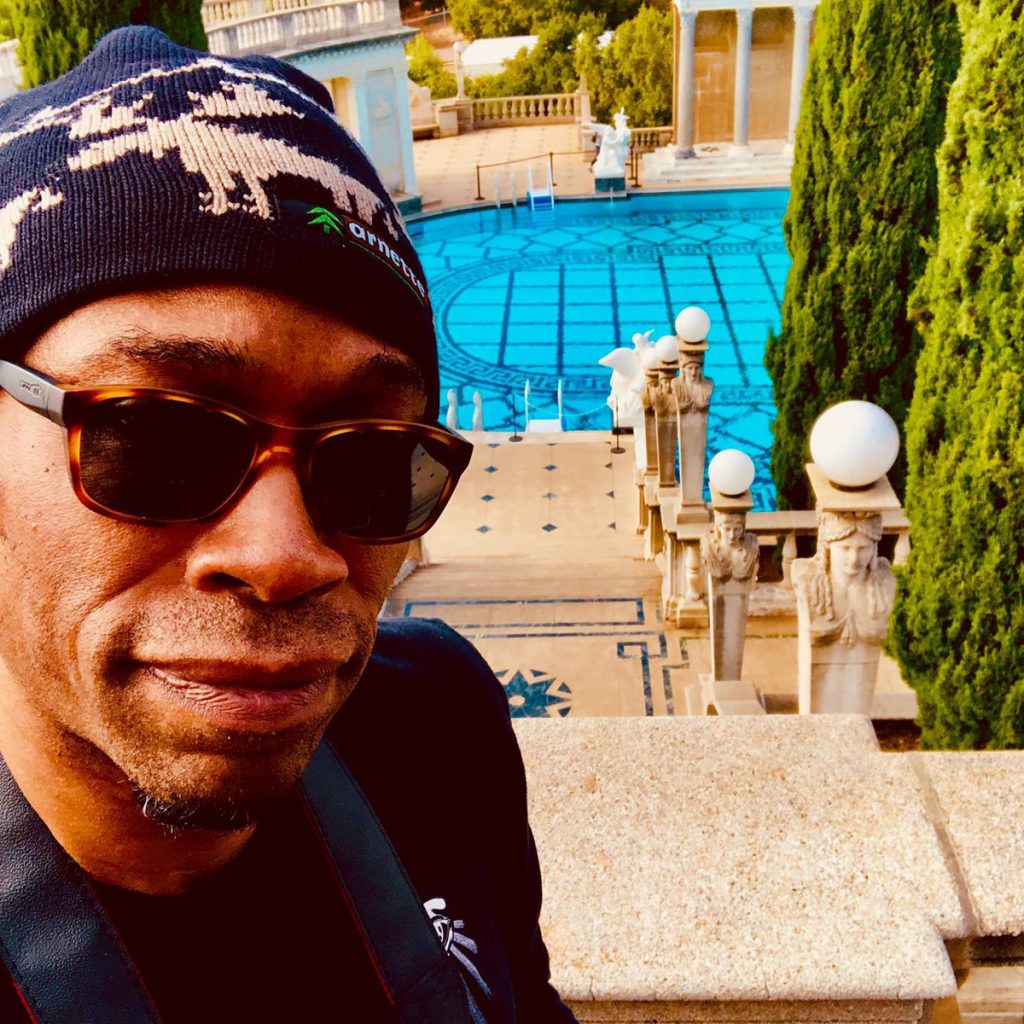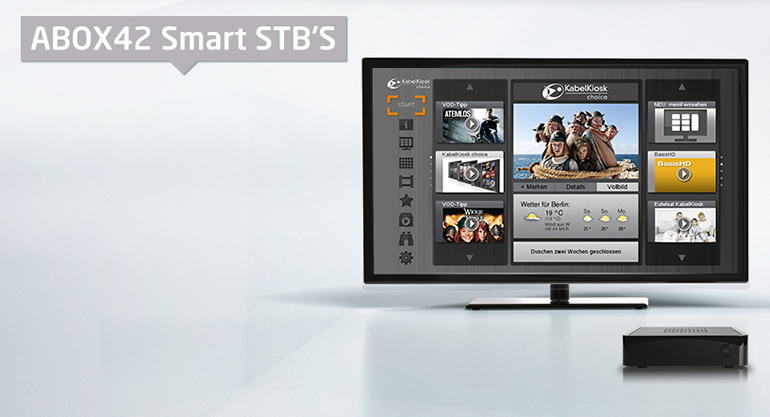The Striking Writers and Actors: A Battle for Fairness in the Streaming Era
As the sun sets on Hollywood and the industry prepares for the annual International Broadcasting Convention (IBC) show, it is impossible to ignore the cloud of uncertainty hanging over the future of television and movies. The ongoing strikes by the Writers Guild of America (WGA) and the Screen Actors Guild-American Federation of Television and Radio Artists (SAG-AFTRA) are a stark reminder of the changing dynamics in the entertainment business. These labor disputes highlight the impact of the rise of streaming platforms and the subsequent erosion of fair contracts and compensation, which are sure to be hot topics of discussion at the IBC show.
But before we delve into the strikes and their implications, let us take a moment to reflect on the significance of the IBC show. For decades, the IBC has been a vital gathering point for media, entertainment, and technology professionals. It has served as a platform to explore the latest developments, trends, and innovations in broadcasting and content creation. From its inception, the IBC has showcased groundbreaking technologies, fostered industry collaboration, and facilitated knowledge exchange among industry experts.
However, as we prepare for this year’s IBC show, we find ourselves at a critical juncture in the broadcasting industry. Streaming platforms have disrupted traditional models, fundamentally altering the landscape in which broadcasters, writers, and actors operate. The ongoing strikes by the WGA and SAG-AFTRA represent a significant turning point in the battle for fair contracts and compensation in the streaming era.
At the heart of the strikes are two key issues that resonate with broadcasters and content creators worldwide.
The first is the matter of residual payments, which the shift to the streaming system has significantly impacted. Residuals, once a crucial source of income for writers and actors, have been nearly wiped out by the new streaming paradigm. The syndication market for TV shows has diminished, and residuals from movies have dwindled with the decline in theatrical attendance. As a result, writers and actors grapple with financial uncertainty and the need for fair compensation in the streaming era.
The second issue is the unpaid use of their work and likeness by artificial intelligence avatars, a growing concern in an era of advanced technology. As AI avatars become more prevalent, the unauthorized use of writers’ and actors’ work raises ethical and legal questions. The absence of proper compensation for such usage further exacerbates the challenges faced by creative professionals.
While the WGA strike has been ongoing since May 2, the impending SAG-AFTRA strike adds another layer of complexity to the industry’s landscape. The members of SAG-AFTRA, including approximately 160,000 actors, are preparing to go on strike after talks with major studios and streaming services failed to yield satisfactory agreements. This dual strike by writers and actors underscores the shared grievances and the collective determination to address the fundamental changes streaming platforms bring.
As the IBC show unfolds, industry stakeholders must address these pressing issues head-on. The strikes demand meaningful solutions that recognize the contributions of writers and actors in the streaming era. The convergence of technology and media necessitates a new framework that ensures fair compensation and protects the rights of creative professionals.
The outcome of these labor disputes will undoubtedly have a far-reaching impact on the industry’s trajectory. The studios and streaming platforms, driven by cost-cutting measures and a changing business landscape, may attempt to break the unions’ resolve. However, the unions, fueled by a deep-seated desire for fair treatment and compensation, stand united in their fight for justice.
The IBC show provides an opportunity to address these challenges collectively. It serves as a platform for discussions, collaborations, and the sharing of knowledge among industry professionals. It is a place where broadcasters, content creators, and technology providers can collectively explore innovative strategies, business models, and industry standards that reflect the changing dynamics of the broadcasting landscape.
As the IBC show takes center stage, let us recognize the importance of fair contracts, proper compensation, and the protection of creative rights. The strikes by the WGA and SAG-AFTRA serve as a wake-up call to the industry, reminding us of the need for a fair and sustainable future for all stakeholders involved.
In conclusion, the ongoing strikes by the WGA and the impending strike by SAG-AFTRA cast a shadow over the industry’s future. The erosion of fair contracts, residual payments, and the unauthorized use of creative work in the age of streaming demand urgent attention and resolution. The IBC show serves as a timely reminder of the challenges faced by the broadcasting industry and offers a platform to forge a path forward that embraces fairness, innovation, and the enduring spirit of creativity.




